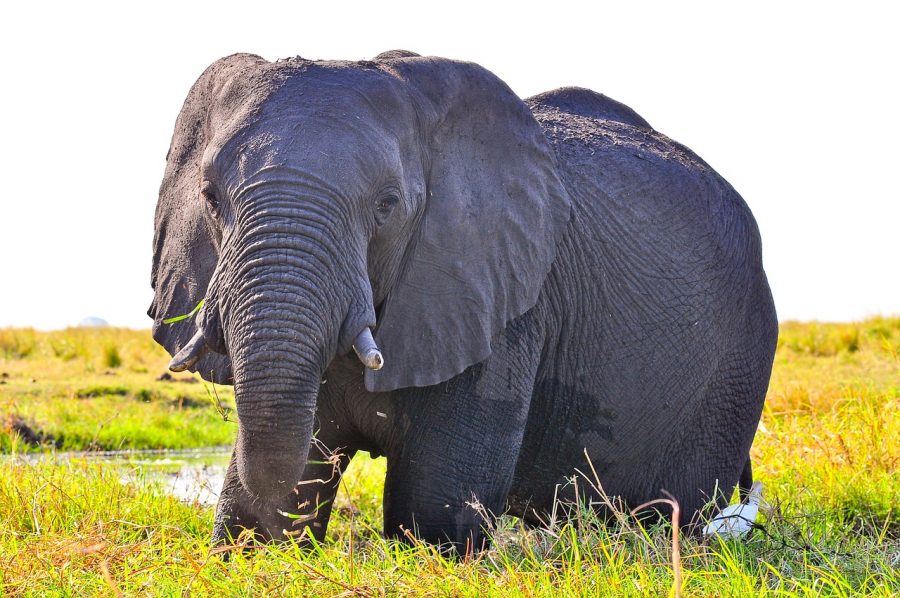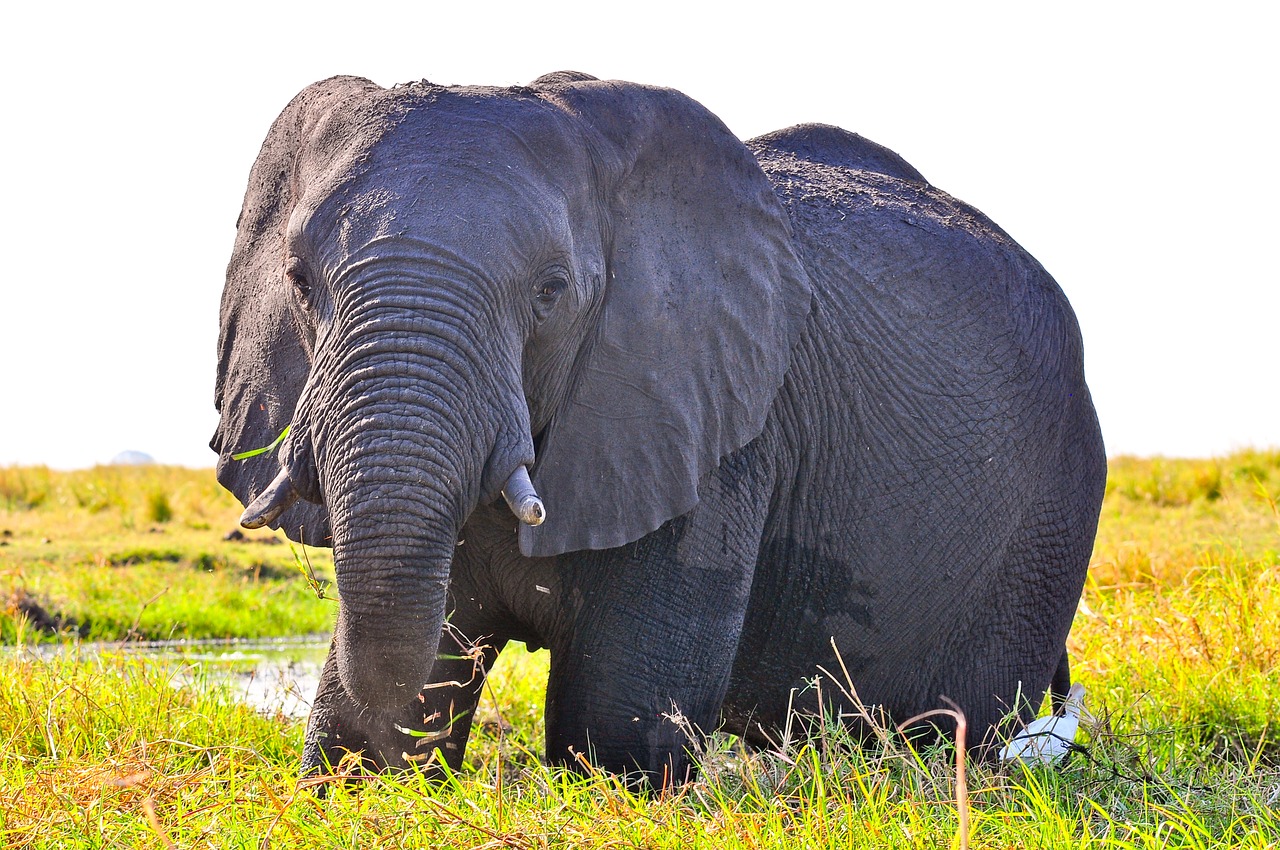
Hunters Who Shot Research Elephant in Botswana Surrender Hunting Licenses
The Botswana Government says that the two hunters involved in the “unfortunate incident” in which a collared research elephant was shot, have voluntarily surrendered their professional hunting licenses to the licensing authority, the Department of Wildlife and National Parks. Botwana named the hunters as professional hunter Michael Lee Potter, and Kevin Sharp, a citizen hunting […]

The Botswana Government says that the two hunters involved in the “unfortunate incident” in which a collared research elephant was shot, have voluntarily surrendered their professional hunting licenses to the licensing authority, the Department of Wildlife and National Parks.

Botwana named the hunters as professional hunter Michael Lee Potter, and Kevin Sharp, a citizen hunting license holder.
The Botswana Government said: “After engaging the relevant authorities, it was resolved that the period of the surrender of Mr Potter’s license is indefinite while Mr Sharp’s license will be surrendered for a period of three years with immediate effect.
“In addition, the two hunters will replace the destroyed collar. We wish to re-assure the public that the Ministry will work with the hunting industry to ensure that the necessary ethical standards are upheld at all times.”
The collared male elephant was shot and killed on November 24, 2019 in a controlled hunting area. It is forbidden to shoot collared elephants.
The two hunters claimed they encountered several bull elephants in thick bushes north of Dobe Border Post. They alleged that one of the bulls approached them and they shot at it. The collar, they said, was not visible until the animal fell.
In accordance with Botswana’s hunting guidelines, the Department of Wildlife and National Parks officer had escorted the hunting group on what was a legal hunt.
Botswana said however that “the killing of the collared elephant is regrettable” and that they did not condone the shooting of collared animals.
Investigations are underway to understand exactly what happened. The hunters said they couldn’t see the collar because “the elephant was in full frontal position”. Some conservationists have questioned this, and it has been reported by Reuters that some suspect the hunters destroyed the collar to try hide the evidence.
“Killing of collard animals is not permitted under any circumstances… We urge hunters to adhere to the hunting guidelines, their code of conduct and ensure that ethical hunting is practiced at all times,” said the Botswana Government.
Botwana lifted its ban on elephant hunting in May, controversially reinstating trophy hunting after a five-ear moratorium on the practice. The country’s Tourism Minister claimed that the country has too many elephants (about 130,000) and that hunting would reduce the growing human and elephant conflict (as some elephant were destroying local village crop and even killing people). Many suspected the lifting of the ban was to curry favour with the local communities for the October election.
